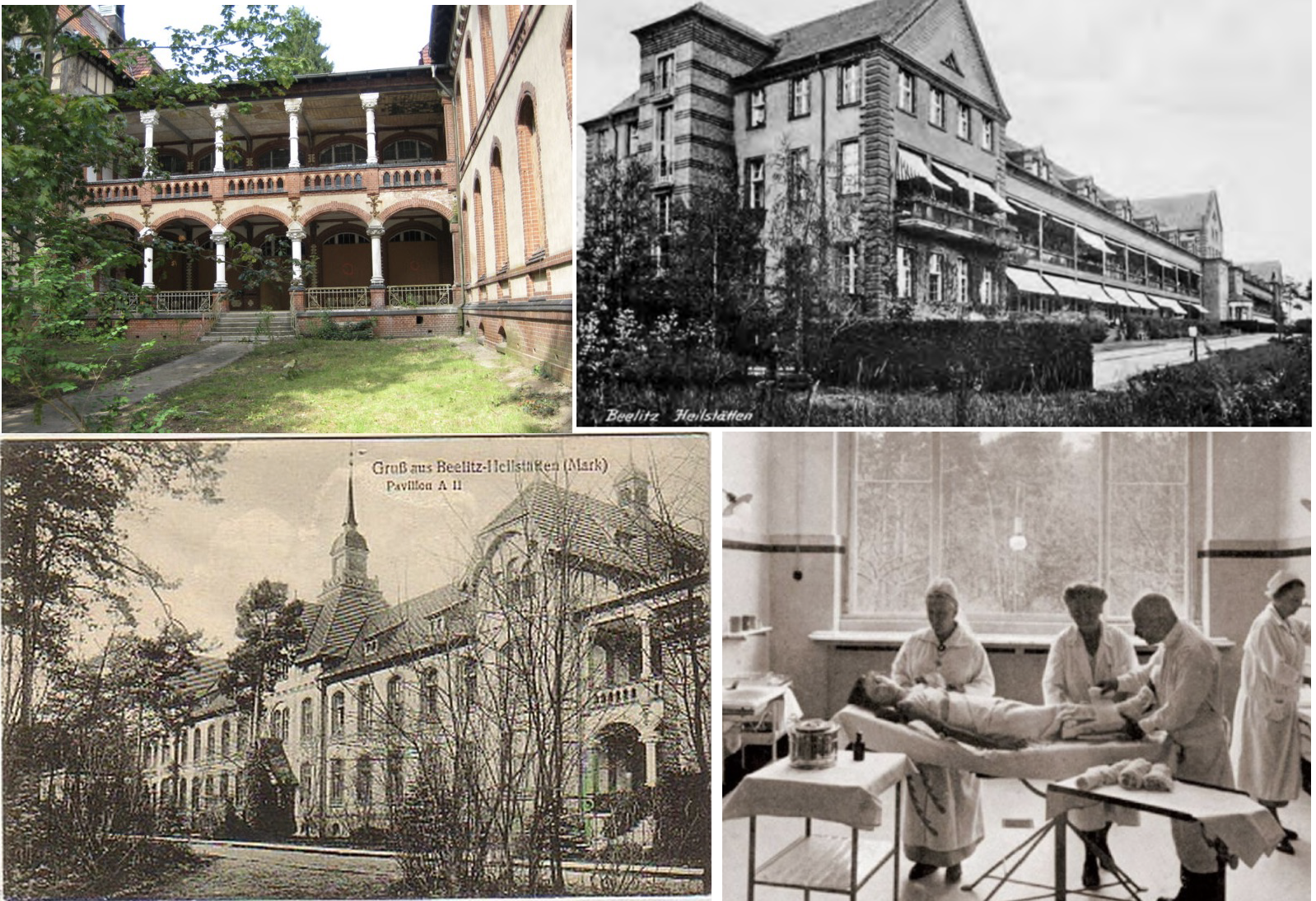
Health, Environment and Architecture
Discourses from the Past, Challenges for the Present, Perspectives for the Future
Guest lecture series for the academic year of 2023/24
This lecture series has now concluded. You can access a number of recordings from these events on our past events page available here.
Everybody’s life and health are affected by environmental factors. Housing conditions, workplace, architecture, design and landscape constitute important individual and interdependent elements in that regard. To this we must add environmental factors such as global warming, extreme weather events and pollution, which have repercussions for the ways in which we think about architecture and housing.
This guest lecture series will approach the relationship between health, environment and architecture from various different angles:
- An emphasis on historical, philosophical and aesthetic perspectives will lead to an informed understanding of exemplary discourses that have taken place in the past and inspired current debates on the topic. The basis will be the detailed analysis of the rich tradition of architectural writing, starting from Graeco-Roman antiquity (with an emphasis on Vitruvius’ De architectura and Frontinus’ De aquaeductu urbis Romae), but also covering later periods such as the Renaissance (e.g. Leon Battista Alberti’s De re aedificatoria). Equally important is the corpus of medical texts, as represented by the Corpus Hippocraticum and later treatises, which devote a great deal of attention to the impact of the environment and housing on the health and wellbeing of patients. Aesthetic and creative aspects, explored by disciplines such as art and design, also play a vital role in shaping quality of life. Furthermore, philosophical discourse from different traditions sheds light on concepts of space, in particular the often fluid boundaries between the public and private, and their relationship with architectural, environmental and health-related issues.
- A focus on socio-political and medical perspectives will incorporate disciplines such as modern sociology, public health, political science and medicine to complement the perspectives outlined above and approach the nexus between health, environment and architecture – at local, national and international levels. In a globalised world, decisions taken at different scales have repercussions for larger groups of people and for wider geographical areas. Recent phenomena such as pandemics, the scarcity of material resources and energy crises have had an influence on how ideas on architecture, housing and landscaping are now conceptualised.
- The project will also embed and iterate its more theoretical approaches within practical and technical perspectives, in particular when it comes to aspects of participation in society; this includes how architecture facilitates social interactions between individuals and groups. We are interested in developing the co-production of knowledge about how local planners, policymakers, politicians, entrepreneurs and other decision-makers come together in governance systems to take responsibility for the integration of theoretical, scientifically underpinned considerations into practice and how they do this on different levels. One area that is of particular relevance in this regard is the aspect of disability and accessibility.
The combination of these approaches provides a ground-breaking and innovative venture. The Wolfson Research Institute for Health and Wellbeing (WRIHW) at Durham (https://www.durham.ac.uk/research/institutes-and-centres/wolfson/) will provide a framework for the interdisciplinary dialogue that is envisaged.
An Abstract Booklet for all events is available to download and read here. All in person events will be in the Ustinov Room, Van Mildert College. A map and location details are available here.
Main organisers:
- Thorsten Fögen, WRIHW Honorary Fellow
- Jonathan Wistow, WRIHW Co-Director (Department of Sociology)
PROGRAMME:
Michaelmas Term 2023:
Wednesday 11 October 2023 (12–13 h)
“Building out the rat: Urban improvement and ecologies of the Bombay plague epidemic, 1896–1920”
Dr. Emily Webster (Durham University, UK)
Wednesday 25 October 2023 (12–13 h)
“Architecture for mental healthcare: Twentieth-century transitions”
Dr. Christina Malathouni (University of Liverpool, UK)
Wednesday 8 November 2023 (12–13 h, online)
“Buildings as an inner balm? Aesthetics and resilience”
Professor Christian Illies (University of Bamberg, Germany)
Wednesday 22 November 2023 (12–13 h, online)
“Sanitation for all? Cities and the right to citylife”
Professor Colin McFarlane (Durham University, UK)
Epiphany Term 2024:
Wednesday 17 January 2024 (12–13 h, online)
“The Healing Seven: How architecture impacts health”
Professor Gemma Koppen (Coburg University of Applied Sciences and Arts, Germany)
Wednesday 31 January 2024 (12–13 h, online)
Dr. Eleanor Ratcliffe (University of Surrey, UK)
Wednesday 14 February 2024 (12–13 h, online)
Professor Matthew Eddy (Durham University, UK)
Wednesday 28 February 2024 (12–13 h, online)
“The results freed us from some of our Western assumptions about how a hospital ought to be:
Aga Khan University Hospital in Karachi and hospital architecture in the mid-twentieth century”
Dr. Sara Honarmand Ebrahimi (University of Frankfurt, Germany)


/prod01/prodbucket01/media/durham-university/research-/research-institutes/wolfson-research-institute/60056.jpg)